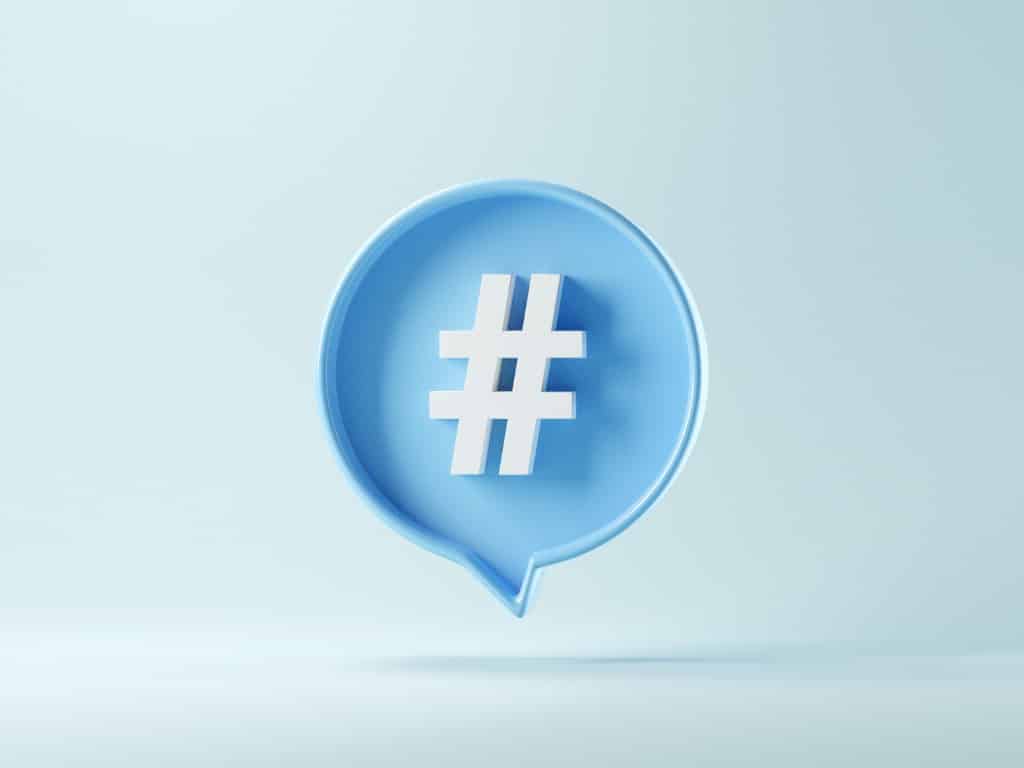On April 13, Elon Musk filed a bid to outright purchase the social media platform Twitter. This bid included Musk’s statement that he invested in “the platform for free speech around the globe, and I believe free speech is a societal imperative for a functioning democracy.” Musk’s moves on Twitter have been unnerving since the multi-billionaire made waves by becoming a 14% shareholder on the social media platform where freedom of speech is most exercised. I remember seeing the headlines and waiting for the next shoe to drop. When an investor brought a lawsuit against Musk alleging that he wrongfully failed to disclose the scale of his ownership at a reasonable time, I got even more nervous. Now that Musk has filed to purchase the platform, I am irate, much like other activists, including Abigail Disney of the philanthropy organization Patriotic Millionaires. It’s not because I feel Musk is getting too powerful. It’s because, in his filing, Musk claims that the moves he is making on Twitter are to safeguard free speech. An assertion that is difficult to accept from a man at the helm of a trillion-dollar company that wields arbitration agreements to silence employees and mocks whistleblowers.
If Musk’s definition of free speech is being able to pay for a “verified” badge while being punished for speaking up about workplace sexual harassment, racism, and lies about emissions. In that case, I do not want any of it, and I am not alone in seeing this hypocrisy.
In other news, school bully offers to beat you up pic.twitter.com/XqHoGkhuuP
— Abigail Disney (@abigaildisney) April 14, 2022
Let’s look at some examples:
- Steven Henkes, a former Tesla field quality manager, told the SEC in 2019 that Tesla failed to properly disclose to shareholders and the public how fire risks associated with solar panel system defects. Henkes alleged that this misconduct occurred in 2016, the same year Tesla required employees to sign an overly broad confidentiality agreement and Musk was penalized for coercive anti-union texts. Henkes was fired from Tesla in 2020. He claims his termination was in retaliation for raising safety concerns.
- Christina Balan, a former Tesla Engineer, reported concerns about safety and business practices at Tesla. Balan’s concerns about the potential safety hazards in the then-upcoming Model S luxury sedan, and about contracts she believed were awarded more on friendships with suppliers than on quality and price in 2014. Rather than fix the problem, Tesla forced Balan to quit. And, in 2019 the Company accused Balan of breaking the law. Since then, Balan has been in court fighting Tesla’s attempt to use arbitration clauses in her contract to silence her retaliation suit. And on March 22, the Ninth Circuit ruled in Tesla’s favor – a major blow against whistleblowers.
- Jessica Barraza, a former Tesla factory employee, was forced to endure sexual harassment so severe that it resulted in a Post-Traumatic Stress disorder diagnosis. Barraza sued the company, and her suit inspired others to come forward. An article from The Verge described part of the reason Barraza’s case gave way to slew of others: “Lawsuits against Tesla are relatively rare in part because, as Barraza’s lawsuit notes, the company requires employees to sign arbitration agreements as a condition of employment, meaning the workers waive their right to a jury or court trial.”
- Michala Curran, a Tesla factory employee, alleged sexually harassment starting in her first week at the Tesla factory. As a result, she joined a lawsuit brought by a group of her colleagues. Tesla’s response? Push Curran into arbitration.
In a quote to Business Insider, Tesla stated that when it comes to issues within Tesla, “the appropriate place to respond is before the tribunal that will hear the actual facts and evidence, not in the press,” clearly indicating that the company would prefer to take employees to court or arbitration than encourage their free speech about issues at Tesla. Based on this, and a National Labor Relations Board decision outlining the workplace violations at the company and by Musk, I suspect there are untold numbers of whistleblowers too afraid to come forward.
Further, Musk: was forced to step down from his role as CEO at Tesla because of misrepresentations on Twitter; fosters a culture of harassment and bullying; facing multiple suits allege Tesla employees are regularly forced to endure catcalling, unwanted touching, and racial slurs – just to get through a day at work; mocks whistleblowers; and was penalized for taking to Twitter to union bust.
Taken together, the practices at Tesla and Musk’s statements would lend to suppressing speech, not liberating it. In his own words, free speech is essential for democracy. This freedom is the core reason whistleblowers are protected and why whistleblower protections are a first-line defense against authoritarianism and corruption. Free speech serves democracy best when individuals are empowered to call out wrongdoing for the public good without fear of retaliation. We already see what happens in spaces Musk controls. He uses his power to silence those who would speak out against him – chilling speech, not freeing it. I have no reason to think he would treat Twitter or Twitter employees any differently.
